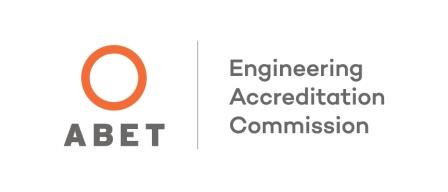Introduction
The Faculty of Engineering at Notre Dame University-Louaize has the ABET accreditation to its undergraduate programs in civil, computer and communication, electrical and mechanical engineering since October 2013 and re-accredited based on the 2021-2022 Accreditation Cycle. NDU on ABET Website

Outcome Assessment Committees
The accreditation is a continuous process and is being tackled by the various Outcome Assessment Committees specific to each program as well the Faculty Outcome Assessment Committee with the direct support of all faculty members. Meetings are being held on regular basis and all documents related to the work of the committees (minutes, rubrics, surveys, forms, …) are stored on a central server with access granted to all faculty members and key staff members. The committees may be contacted directly through the concerned units.
Advisory Committees
One of the major characteristics associated with quality engineering education is its close connection with the community it intends to serve. To foster such connections, feedback from the community are to be collected with the main objective of contributing to the improvement of the education process itself and creating the right match university/industry. One way to gather feedback is through program advisory committees composed of prominent experts in their respective fields and willing to advise the academia on the design, development, implementation, evaluation, maintenance, and revision of engineering programs.
The different program advisory committees of the Faculty of Engineering at Notre Dame University-Louaize are actively engaged in assisting, supporting, and advocating the corresponding programs. The specific areas where their contribution is greatly appreciated include, but are not limited to:
- The evaluation of the Program Educational Objectives;
- The assessment of the education quality;
- The evaluation of the performance and level of competency of graduates;
- The recommendation on new courses, curriculum changes and research orientations from an industry perspective;
- The support needed to foster and expand the current relationship with businesses, industry and different organizations;
- The promotion of the programs in the community.